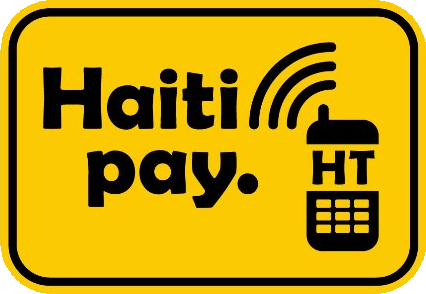
GoMint
Coming soon..
Project Information
Related Projects

Blockchain for Energy (B4E) is a non-profit, member-led consortium dedicated to driving digital transformation within the energy sector. Comprising major energy companies including Chevron, ExxonMobil, and Repsol, B4E was established to collaboratively develop and implement blockchain-based solutions that can enhance efficiency, reduce costs, and increase transparency across the industry.
The consortium's flagship product is the B4ECarbon platform, an advanced digital measurement, reporting, and verification (dMRV) solution. This platform integrates AI and IoT with distributed ledger technology to provide a secure and auditable system for managing emissions data. It enables energy operators to track, report, and verify their environmental performance in near real-time, helping to prevent greenwashing and ensure compliance with global standards. The B4E Network & Platform, built on Hyperledger FireFly, serves as the foundational layer connecting all of the consortium's solutions in a decentralised environment governed by its members.
The B4ECarbon platform is built on the Hedera public network, and has been a member of the Hedera Governing Council since June 2025.

Chainlink is a decentralized oracle network connecting smart contracts on various blockchains with real-world data, events, and off-chain computation. Its fundamental purpose is to enable hybrid smart contracts by providing them with secure and reliable access to external resources, thereby bridging the gap between on-chain and off-chain environments. Chainlink is recognized as an industry standard for building, accessing, and selling oracle services.
The platform offers a comprehensive suite of services to developers and enterprises. These include “Chainlink Price Feeds,” which deliver accurate and tamper-proof financial market data to DeFi applications, “Chainlink VRF” (verifiable random function) for generating provably fair randomness essential for NFTs and blockchain gaming, and “Chainlink Automation,” which provides decentralized and reliable smart contract automation. Furthermore, “Chainlink Functions” allow smart contracts to connect to any external API and run custom computations, while the cross-chain interoperability protocol (CCIP) facilitates secure data and token transfers across different blockchain networks. Chainlink Proof of Reserve offers automated verification of on-chain and off-chain reserves.

HaitiPay is a Haiti-based fintech company focused on digitalizing the country's economy and increasing financial inclusion for underserved communities. Its core services are delivered through an API-enabled digital banking platform. This includes a mobile wallet that is designed to be universal and telecom-agnostic, capable of turning even basic feature phones into electronic payment devices.
The platform facilitates a range of financial transactions, including local and cross-border e-payments and remittances. By enabling electronic payments, HaitiPay supports merchants in expanding their sales and provides a secure and traceable way for all users, from rural farmers to urban merchants, to access digital financial services.
In collaboration with EMTECH, a CBDC infrastructure provider, HaitiPay has developed a proof-of-concept for a potential Central Bank Digital Currency (CBDC) in Haiti. This solution is built on the Hedera public distributed ledger, chosen for its high throughput, low fees, and security. This integration is designed to lower the cost of payments and provide seamless access to digital cash.

Validation Cloud is a Web3 infrastructure company that provides high-performance node, staking, and data-as-a-service solutions. Its focus is on bridging the gap between the enterprise world and the burgeoning landscape of decentralized technologies.
The company's core services are divided into three main pillars. Its Node API provides high-performance access to a wide range of leading blockchain networks, enabling developers and enterprises to build and scale their applications with reliable and low-latency connectivity. Its institutional-grade, non-custodial staking services allow clients to securely stake their assets and earn rewards across numerous Proof-of-Stake protocols. Finally, its Data x AI platform, powered by their proprietary intelligence engine, Mavrik, is designed to provide real-time, AI-driven insights from on-chain data.
Validation Cloud offers both Mirror Node-as-a-Service and a JSON-RPC Relay for Hedera, providing developers with fast and reliable access to the network's data and services. This integration is a key part of Hedera's efforts to provide a robust and developer-friendly ecosystem.
